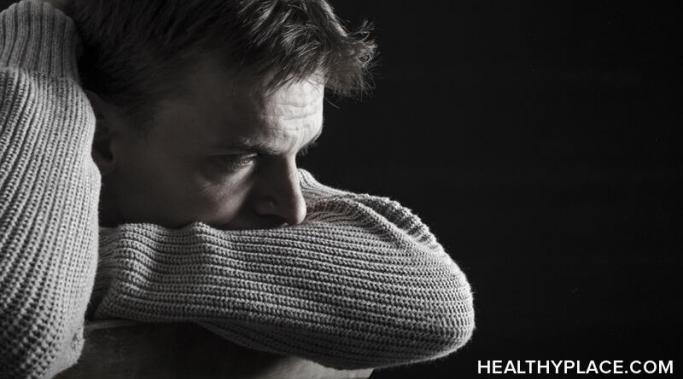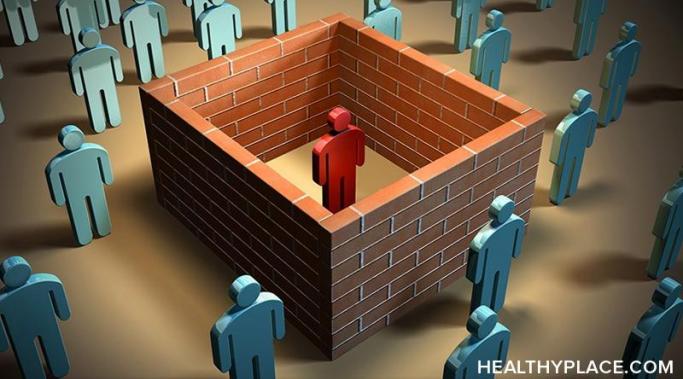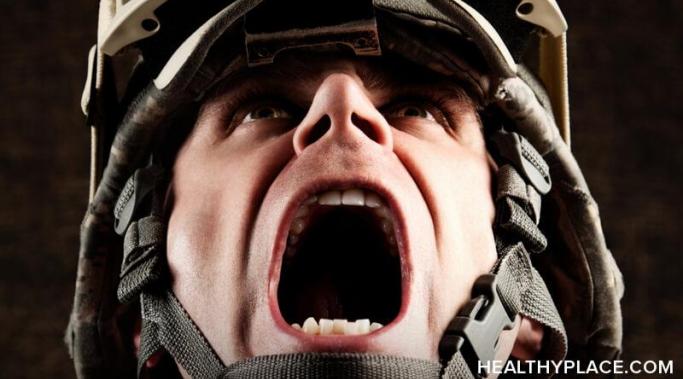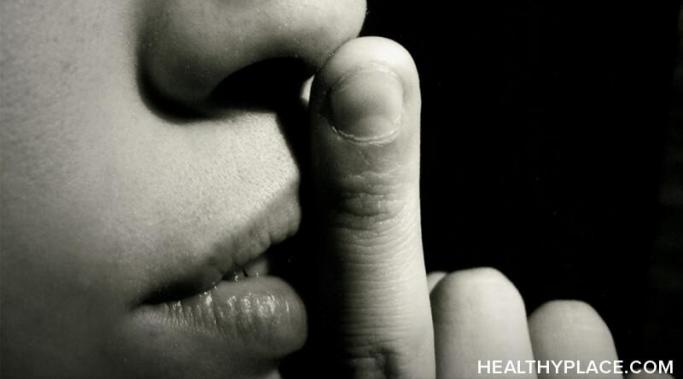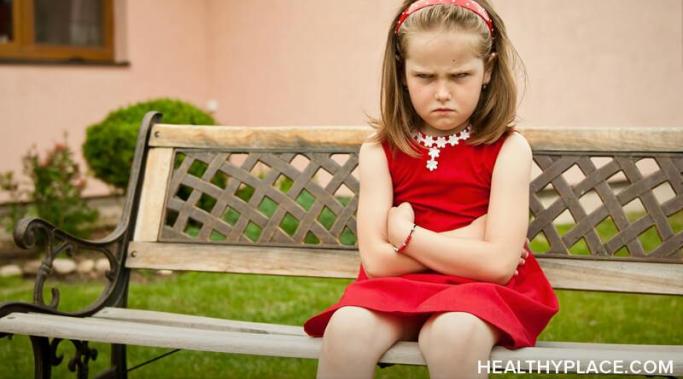Setting goals for posttraumatic stress disorder (PTSD) recovery can be difficult, in part because PTSD impacts every aspect of daily living, every day. When seeking help for recovery, it is understandable to want to feel better as quickly as possible in order to put the worst behind you and move on. Sometimes it can be difficult to notice what progress is being made when you are still experiencing the symptoms of PTSD daily. This is where understanding your PTSD diagnosis as well as any coexisting conditions and setting goals for PTSD recovery can help you feel successful.
Trauma! A PTSD Blog
The #MeToo hashtag campaign exposed sexual violence (including sexual harassment and rape) as a significant event in the lives of most women. One of the most common forms of this violence is sexual harassment. A few examples of sexual harassment are catcalling, suggestive comments at school or work, and unwanted sexual advances. Many women have experienced at least one instance of everyday sexual harassment, and one in five has experienced a major act of sexual violence, like rape.
To avoid the stigma around posttraumatic stress disorder (PTSD), many people keep their PTSD symptoms secret. How others perceive people with PTSD creates the stigma. Yet, there is another form of derision at play here --that of self-stigma. Identifying, understanding and correcting self-stigma can significantly impact us and the stigma around PTSD as well.
Does having posttraumatic stress disorder (PTSD) make you violent? I haven't seen the Las Vegas shooter accused of having posttraumatic stress disorder (PTSD), but past perpetrators of mass shootings have been speculated to have PTSD. Is it true? Does having PTSD make people more violent or prone to committing acts of extreme violence?
In the course of my recovery, there came a time when I wanted my abusers to suffer. Most people who have been, or are being abused, don't seek help. Statistics on abuse show that as many as 60 percent of perpetrators are never prosecuted. In my case, my abusers were never called to account for their actions. When I began to talk about my abuse and work through all that had occurred, I came to a point where I was angry and resentful. My nightmares of abuse shifted to ugly visions of ways in which I could cause as much suffering to them as possible without killing them. I had to work to reconcile these intense emotions where I wanted to make my abusers suffer to continue healing.
Do you appreciate your successes, or does pausing to appreciate success scare you? Even though success is a very normal aspiration, feeling happy about a success (or feeling happy for any reason) can be scary for trauma survivors. The definition of success varies greatly between individuals and can even change during different stages of the same person's life. However, for those of us living with posttraumatic stress disorder (PTSD), the experience of success is sometimes a little extra complicated, even scary. I'm slowly learning to appreciate success in my life with PTSD.
Finding the right level of self-care for posttraumatic stress disorder (PTSD) shouldn't be that hard considering that self-care is a concept I read or hear about daily. The Internet is replete with self-care checklists and ideas for busy parents, overloaded students, and almost every mental health condition ever diagnosed. However, balancing my level of self-care with PTSD becomes lopsided because self-care frequently presents as an activity or item that is considered to be a treat. Manicures, chocolates, long baths, and time to read are common self-care suggestions. Personally, I find self-care to be more complicated, as it is not always about taking it easy on myself. Here is why I balance my indulgence level of self-care with PTSD against challenges.
What happens when someone with posttraumatic stress disorder (PTSD) is traumatized again? It's a question that has been on my mind a lot lately. So many scary and potentially traumatic or anxiety-provoking natural phenomena are taking place in the world right now. Whether we're talking the hurricanes in the Southern United States, the West Coast wildfires that caused ash to rain over my city for a day and a half, or the fatal floods in Southeast Asia, the world has watched a lot of unpredictable events unfold. Statistically speaking, some of the people affected by these natural disasters must already have PTSD.1 Are those people with PTSD being traumatized again?
At first, the idea that sexual promiscuity can result from childhood sexual abuse seems illogical. Wouldn't someone who suffered sexual abuse have difficulty creating intimate relationships and work to avoid personal contact? While this can often be the case, a review of the research on childhood sexual abuse (from the American Academy of Experts in Traumatic Stress, or AAETS) confirms that a large number of survivors engage in promiscuous behaviors, even those who turn away close relationships. Here are some of the reasons why childhood sexual abuse can lead to promiscuity.
Everyone experiences trauma differently, but one fact is universally true: trauma is unfair. Living with posttraumatic stress disorder (PTSD) is also unfair. Nobody deserves to be traumatized. So how do we heal from something that should never have become our burden in the first place? How do we deal with unfair trauma?
